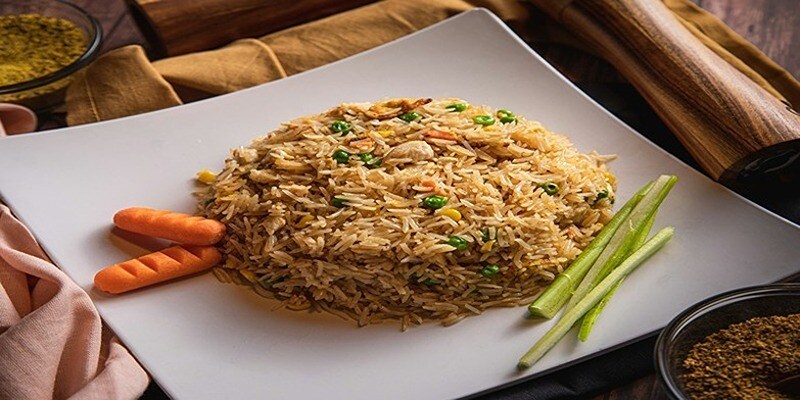Unveiling Peanut Nutrition Facts and Health Benefits for a Better Lifestyle
Dec 04, 2023 By Nancy Miller
The little legumes known as peanuts have become an integral part of our diets and favorite foods due to the abundance of nutrients they contain. Their adaptability has earned them a place in gourmet meals, spreads, and snacks alike. Plus, their adoration and widespread consumption make them a genuine global phenomenon.
Peanuts have a nutrient-rich profile that deserves more attention than just their tasty flavor and versatility in the kitchen. In addition to providing protein and healthy fats, these beans are an excellent source of several vitamins and minerals.
Peanuts have several hidden health advantages that are about to be revealed in this article as we explore their nutritional profile. You will come away from this with a better grasp of the many reasons peanuts should be a staple in your diet.
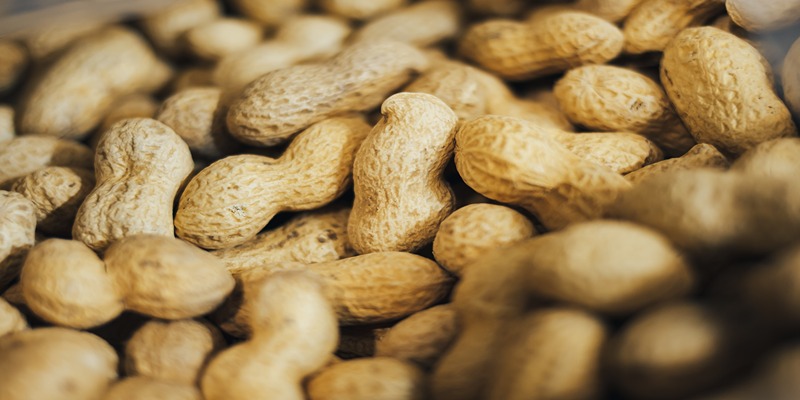
Peanut Nutrition: A Comprehensive Analysis
Macronutrient Breakdown of Peanuts
Peanuts, often considered nuts but botanically classified as legumes, deliver a well-rounded macronutrient profile. Each serving offers a substantial source of protein, with around 7-9 grams per ounce. This makes peanuts an excellent choice for those seeking plant-based protein options. Additionally, peanuts are relatively low in carbohydrates, with a significant portion of their calorie content coming from fats. Understanding the macronutrient composition of peanuts is essential for integrating them into a balanced diet.
Vitamins and Minerals in Peanuts
While peanuts are known for their macronutrient content, they also harbor an array of essential vitamins and minerals. They are rich in vitamin E, an antioxidant that contributes to skin health and immune function. Peanuts are also abundant in several B vitamins, such as niacin, folate, and riboflavin, which are vital for energy metabolism and overall well-being. Furthermore, peanuts provide key minerals like magnesium, phosphorus, and potassium, essential for bone health, muscle function, and electrolyte balance. Recognizing these micronutrients in peanuts highlights their role in promoting overall health.
Healthy Fats in Peanuts: Types and Impacts
The fat content in peanuts is primarily composed of healthy fats, with both monounsaturated and polyunsaturated fats being prominent. These fats have been associated with heart health and reducing the risk of cardiovascular diseases. Peanuts also contain a small amount of saturated fats and no trans fats. The presence of monounsaturated fats, akin to those found in olive oil, is particularly beneficial for cholesterol management. Understanding the types of fats in peanuts is essential in appreciating their positive impact on one's diet and health.
Health Benefits of Peanuts: Unveiling the Secrets
Protein-Packed Powerhouse: Peanuts and Your Diet
Peanuts stand as a protein-packed powerhouse among plant-based foods. Their protein content rivals that of animal products, making them an excellent choice for vegetarians and vegans seeking to meet their protein needs. Protein plays a crucial role in muscle repair and growth, immune function, and overall health. Incorporating peanuts into your diet can help ensure you receive an ample supply of this essential nutrient, supporting your body's various functions.
Lesser-Known Health Benefits of Peanuts
Beyond their protein content, peanuts conceal a treasure trove of lesser-known health benefits. They are rich in antioxidants, such as resveratrol and phytosterols, which contribute to heart health by reducing inflammation and cholesterol levels. Additionally, peanuts are associated with a reduced risk of type 2 diabetes due to their ability to regulate blood sugar levels. Their high fiber content aids in digestion and promotes a feeling of fullness, assisting in weight management. Furthermore, the monounsaturated fats in peanuts have been linked to improved insulin sensitivity and reduced cardiovascular risk.
Incorporating Peanuts for a Healthier Lifestyle
Incorporating peanuts into your daily diet can be a delicious and health-conscious choice. They make an excellent addition to salads, stir-fries, and as a topping for yogurt or oatmeal. Peanut butter, a popular peanut-based product, can be spread on whole-grain bread or used as a dip for fruits and vegetables. The versatility of peanuts allows for creative and nutritious meal options that enhance the overall quality of your diet. By including peanuts in your culinary repertoire, you can harness their numerous health benefits and enjoy a tastier and healthier lifestyle.
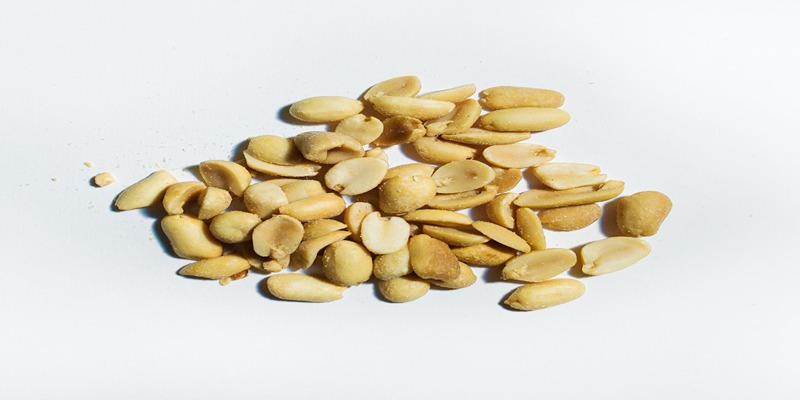
Making Informed Choices: Peanuts in Your Daily Diet
Portion Control and Frequency of Consumption
When it comes to enjoying peanuts in your daily diet, moderation is key. Due to their calorie density, it's essential to control portion sizes. A small handful of peanuts (around 1 ounce) is a suitable serving. Additionally, consider the frequency of consumption. While peanuts offer numerous health benefits, excessive intake may lead to excessive calorie and fat consumption. Striking a balance by incorporating them a few times a week can help you enjoy their benefits without overindulging.
Combining Peanuts with Nutrient-Rich Foods
Maximize the nutritional value of your meals by combining peanuts with nutrient-rich foods. Pairing peanuts with fruits and vegetables adds fiber, vitamins, and minerals to your diet. For example, add crushed peanuts to a spinach salad or use peanut sauce as a dip for carrot sticks. Incorporating whole grains like quinoa or brown rice with peanuts ensures a balanced meal, providing carbohydrates, protein, and healthy fats. These combinations not only enhance the overall nutritional content but also create flavorful and satisfying dishes.
Creative and Healthy Peanut Recipes
Get creative in the kitchen with healthy peanut recipes that tantalize your taste buds while promoting well-being. Try a Thai-inspired peanut stir-fry with lean protein and plenty of vegetables. Whip up a peanut and banana smoothie for a nutritious and delicious breakfast option. Experiment with homemade peanut energy bars or peanut butter energy balls for a convenient and protein-rich snack. These creative recipes allow you to savor the goodness of peanuts in diverse and health-conscious ways, ensuring that you make the most of their nutritional benefits.
Debunking Myths: Separating Fact from Fiction about Peanuts
One prevalent myth is that peanuts are inherently fattening and should be avoided in weight management efforts. However, as we've explored, their healthy fats and protein content can support weight loss and maintenance when consumed in appropriate portions. Another misconception relates to allergies, with some believing that peanuts are universally harmful. While peanut allergies exist, they are relatively rare, and peanuts can be safely enjoyed by the majority of the population. By debunking these and other myths, we can provide a clearer understanding of peanuts' role in a healthy diet.
Conclusion
Incorporating peanuts into your diet may take you on a tasty and nutrient-rich food adventure. You can't go wrong with using them in your meals because of the many health advantages they provide, as well as their remarkable macronutrient profile. You may make the most of peanuts for a better lifestyle by eating them in moderation, adding them to nutrient-rich dishes, and trying new recipes. Keep in mind that peanuts, when eaten with awareness and as part of a healthy diet, are beneficial to your health in many ways, including the flavor and nutrients they provide.

Timing Your Caffeine: Identifying the Ideal Moments for Coffee Consumption

A Beginner's Guide To The Mediterranean Diet
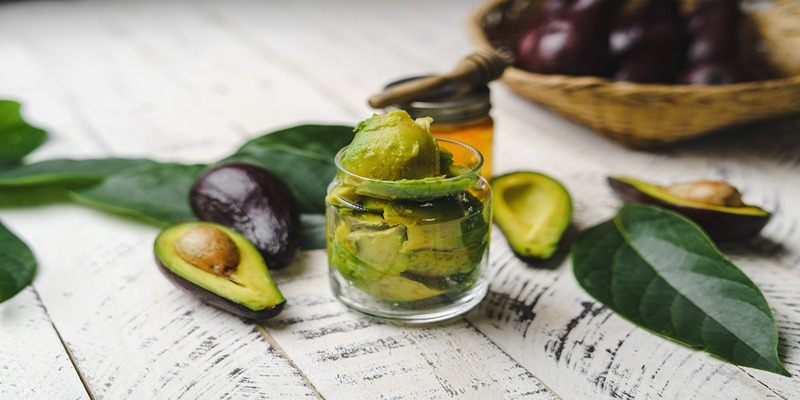
Exploring the Multifaceted Benefits of Avocado Oil

Struggling with Skin Picking? Here’s How to Break the Cycle!

Easy Workouts for Health and Weight Loss: A Comprehensive Guide to Fitness

Transforming Child Nutrition: Free Training Opportunities for Early Childhood Providers
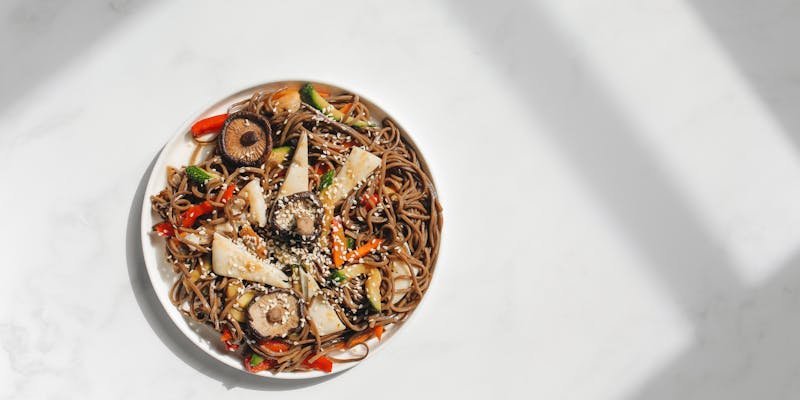
Find Out How Much of Each Nutrient You Need Every Day!
